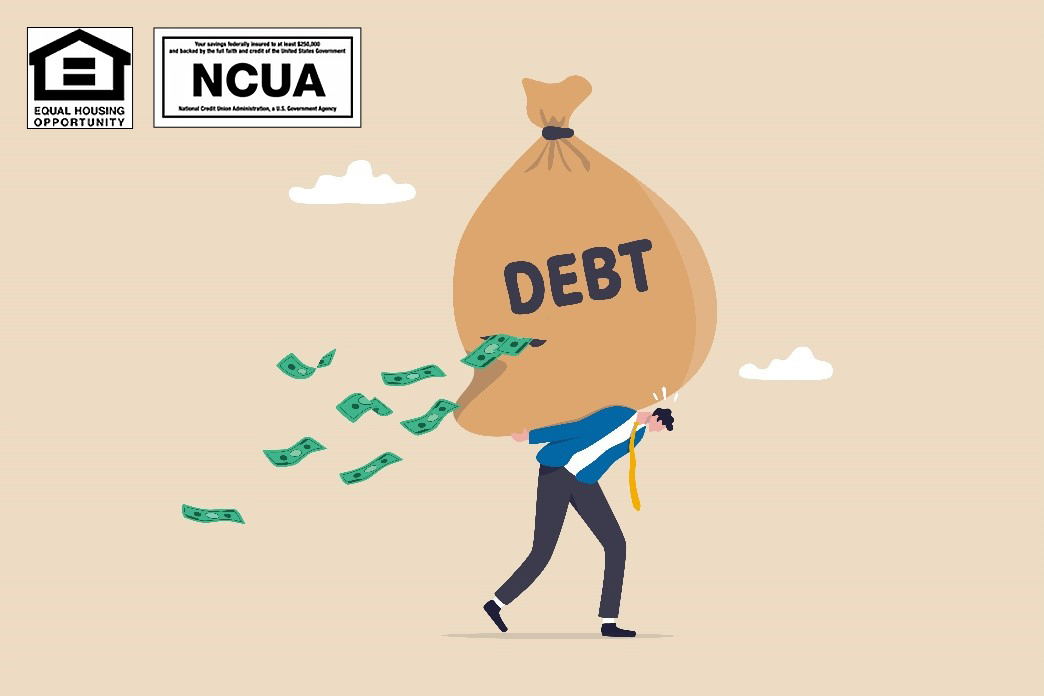Understanding Good Debt vs Bad Debt

posted on Tuesday, April 25, 2023 in Financial Tips
A lot of people today have a preconceived notion that all kinds of debt are bad, no matter what it’s for. However, that’s not the case in most instances. When it comes to debt management, it’s best to know what differentiates the two so that you’ll know what to do. To learn more about good debt vs bad debt, continue reading this blog.
Good Debt Defined
In essence, good debt is a loan repaid responsibly based on the agreement. It is used to help you generate more income and build your net worth. Taking this type of debt improves your financial situation and stability in the long run.
One good example is a mortgage. It is a type of loan used to buy or improve your home or another real estate so that it will have a better value. Since you can use that money for your financial growth, it can be considered good debt.
Another example you can consider is student loans. Like with mortgages, you’re using it for an investment that can improve your current situation. In this case, you’re taking a loan for a better education and a better chance in life. If the loan is handled and managed correctly, it can make a positive impact on your credit history.
Bad Debt Defined
On the other hand, bad debts are loans that you get that can hinder your financial stability and don’t provide any returns for your investment. A debt can also be considered bad if it lowers your credit score.
Compared to good debt, bad debt is a loan you can’t repay responsibly, according to the agreement. In certain situations, it might also have been previously a good one that has gone out of hand.
An example is high-interest credit cards. If paid off consistently, they won’t be much of a problem. However, if you reach the point where you can’t repay them, these cards then become a bad debt. The interest will grow over time, making your payments more expensive.
Other examples are personal and payday loans. Some of these loans can have their interest reach as high as 300%. It can make repayment more difficult.
How To Handle Debts Effectively
Before taking in new debt, it’s best to ask yourself first how this can financially benefit you both short and long term. It’s also a good idea to have an emergency fund ready so that you wouldn’t have to rely on getting into more debt than needed.
If you ever have debts, list everything and focus on more important loans such as rent, mortgage repayments, secured loans, etc. That way, you’ll know what you need to pay off first.
Learning how to manage your debts effectively is necessary to be more financially stable. If you want to learn more about this, talk to one of our C1st representatives at Community 1st Credit Union.